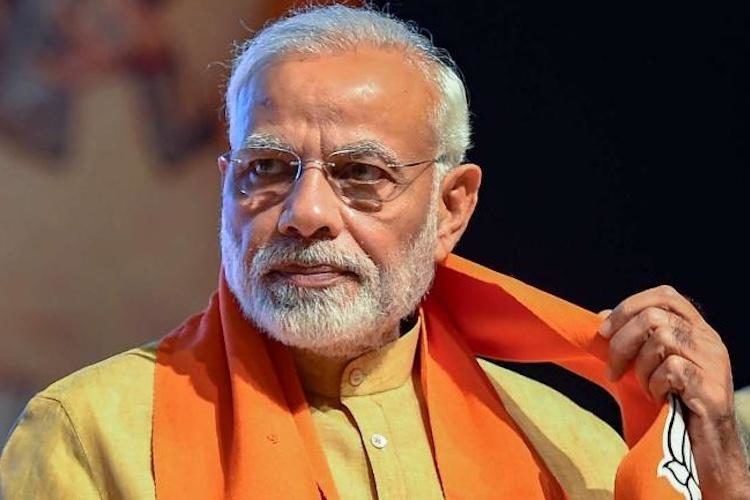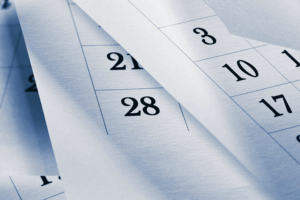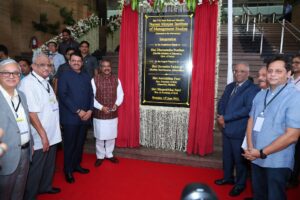
Prime Minister Narendra Modi’s governing coalition, the National Democratic Alliance (NDA), is all set to achieve a majority in the lower house of India’s parliament.
The NDA, led by Modi’s Bharatiya Janata Party (BJP), stood at 340 seats, with the opposition United Progressive Alliance leading in around 100, by early evening. The forecast urged the BJP to claim victory before official results.
Official data from India’s Election Commission showed the BJP alone leading in contests for 299 seats, with its main rival, the Indian National Congress, leading in 50 constituencies.
The data didn’t depict the percentage of the estimated 600 million votes had been counted. But if confirmed, it would give the BJP the first back-to-back majority for a single party since 1984.
Outside BJP headquarters in New Delhi, hundreds of people rejoiced and shouted party slogans, holding cardboard cutouts of Modi and BJP President Amit Shah into the air as other people played drums and set off fireworks. At the opposition Congress headquarters, only a few party workers stood outside looking dejected.
Congress party leader Rahul Gandhi conceded his seat in a tight race in his constituency of Amethi in Uttar Pradesh state, a seat held by his family for generations.
The NDA’s projected margin of victory is larger than surveys indicated in the runup to the vote, when most polls showed it would be the largest alliance but would fall short of an overall majority.
The BJP’s campaign team was good at persuading the nation’s voters that Modi needed another term to undo all the wrongdoings of the previous Congress-led administrations, said N. Sathiya Moorthy from India’s Observer Research Foundation DW, as reported by DW.
The election has been seen as a referendum on Modi, whose economic reforms may not have sailed but whose popularity grew. In his victory speech, Modi said he would work harder in his new term to remove Indians from poverty and tackle economic inequality.
On the campaign trail, Modi presented himself as a self-made man with the power to cut red tape and unleash India’s economic potential. Modi had also rebutted the opposition leader Gandhi as an elite.
The BJP has generated the power of social media platforms, such as WhatsApp and Twitter, where Modi has 47.4 million followers.
But some have said that BJP’s stunning performance could embolden right-wing Hindu groups and exacerbate religious polarization between Hindus and Muslims in the world’s second-most populated nation.



